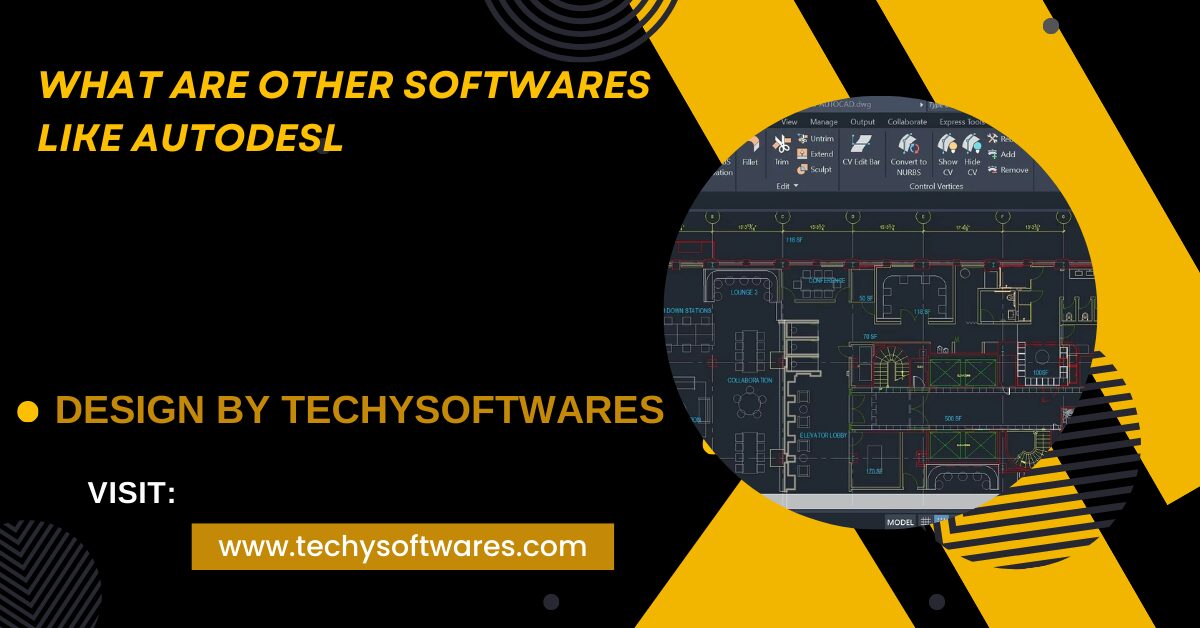Yes, embedded software engineers have numerous advanced career paths, such as roles in system architecture, security, AI/ML integration, and leadership, driven by evolving technology and increasing reliance on embedded systems.
This article explores various advanced career paths available for embedded software engineers, highlighting the skills and steps needed to reach these high-level roles.
Understanding the Role of Embedded Software Engineers:

Embedded software engineers design and develop software that directly interacts with hardware components within various devices. This includes coding, testing, and debugging software that runs on microcontrollers, sensors, and other embedded systems.
The demand for embedded engineers has expanded due to the increasing reliance on smart devices, automation, and interconnected systems.
Traditional Career Path for Embedded Software Engineers:
Typically, embedded software engineers begin their careers in entry-level positions, working on firmware development, embedded systems testing, or low-level programming.
With experience, they may advance to senior engineer roles, leading projects or mentoring junior engineers. However, the career path doesn’t stop there—many advanced opportunities await those willing to expand their skills and expertise.
High-Level Career Paths for Embedded Software Engineers:
Embedded Systems Architect:
- Role Overview: An Embedded Systems Architect designs the overall structure of embedded systems, integrating software and hardware components to meet specific requirements. This role involves making high-level decisions about the system’s functionality, performance, and reliability.
- Skills Required: Extensive experience in embedded systems design, deep understanding of microcontroller architectures, and proficiency in system modeling and simulation tools.
- Why Choose This Path?: It’s ideal for engineers who enjoy strategic thinking and system design.
Embedded Software Team Lead/Manager:
- Role Overview: As a Team Lead or Manager, you will oversee embedded software projects, manage teams of engineers, and ensure project goals are met on time and within budget. This role focuses on leadership, project management, and technical guidance.
- Skills Required: Strong leadership, communication, project management skills, and a solid technical background in embedded software.
- Why Choose This Path?: Ideal for engineers looking to transition into leadership roles while staying close to the technical side.
Embedded Systems Security Specialist:
- Role Overview: Security Specialists focus on protecting embedded systems from vulnerabilities, cyber-attacks, and unauthorized access. This is particularly crucial in industries like automotive, healthcare, and IoT.
- Skills Required: Expertise in security protocols, cryptography, secure coding practices, and familiarity with standards like ISO 26262 for automotive safety.
- Why Choose This Path?: A great option for those interested in cybersecurity and safeguarding critical systems.
Also Read: How To Disable Software Z Stop In Marlin – A Step-by-Step Guide!
Firmware Engineer (Specialist):
- Role Overview: Firmware Engineers develop specialized low-level software that directly interacts with hardware components. They often work on optimizing performance and ensuring the reliability of firmware across different devices.
- Skills Required: Proficiency in programming languages like C/C++, assembly, knowledge of hardware interfacing, and debugging skills.
- Why Choose This Path?: Suited for those who enjoy working at the intersection of software and hardware.
Field Application Engineer (FAE):
- Role Overview: FAEs act as a bridge between the product development team and customers. They provide technical support, assist in designing embedded solutions, and ensure that products meet customer needs.
- Skills Required: Strong technical knowledge, problem-solving skills, excellent communication, and customer interaction experience.
- Why Choose This Path?: Ideal for engineers who enjoy problem-solving and working closely with clients.
Embedded AI/ML Engineer:
- Role Overview: With the rise of smart devices, there’s a growing need for embedded engineers who can integrate AI and machine learning algorithms into embedded systems, such as smart cameras, drones, and autonomous vehicles.
- Skills Required: Knowledge of AI/ML frameworks (like TensorFlow Lite), experience with real-time data processing, and understanding of embedded hardware constraints.
- Why Choose This Path?: Perfect for those interested in cutting-edge technology and advanced computing.
Technical Consultant/Advisor:
- Role Overview: Technical consultants provide expert advice on embedded systems design, implementation, and optimization. They often work with multiple clients to solve complex technical challenges.
- Skills Required: Deep expertise in embedded systems, excellent communication, and the ability to translate complex technical concepts into actionable insights.
- Why Choose This Path?: Best suited for engineers looking to share their knowledge and influence industry practices.
Skills Needed for Advanced Embedded Software Engineering Roles:

To transition into high-level roles, embedded software engineers should focus on developing the following skills:
- Advanced Programming: Mastery of low-level languages like C/C++, assembly, and familiarity with newer languages such as Rust for safety-critical applications.
- System Design: Understanding hardware-software co-design, system architecture, and simulation tools.
- Project Management: Skills in managing complex projects, leading teams, and communicating effectively with stakeholders.
- Security Knowledge: Familiarity with security protocols, encryption, and secure software design principles.
- Continuous Learning: Keeping up with new technologies, industry standards, and emerging trends like AI integration in embedded systems.
How to Advance in Your Embedded Software Engineering Career:
- Obtain Advanced Certifications: Certifications like Certified Embedded Systems Expert (CESE) or courses in embedded Linux, RTOS, or cybersecurity can bolster your credentials.
- Network with Industry Professionals: Join embedded systems forums, attend conferences, and connect with experts in the field.
- Take on Challenging Projects: Volunteer for complex projects that push your technical and leadership skills.
- Expand Your Knowledge Base: Stay updated with industry journals, online courses, and technical blogs to stay ahead in the field.
FAQ’s
1. What is the traditional career path for embedded software engineers?
Typically, engineers start in entry-level roles and progress to senior positions, focusing on firmware development, testing, and low-level programming.
2. What skills are needed to become an Embedded Systems Architect?
Extensive experience in embedded systems design, a deep understanding of microcontroller architectures, and proficiency in system modeling tools are essential.
3. Why pursue a career as an Embedded Software Team Lead or Manager?
This path is ideal for those wanting to combine technical expertise with leadership, managing teams and overseeing project execution.
4. What does an Embedded Systems Security Specialist do?
They focus on protecting embedded systems from cyber threats, ensuring secure coding practices and adherence to security standards.
5. What role does a Firmware Engineer (Specialist) play?
Firmware Engineers develop low-level software that interfaces directly with hardware, focusing on optimizing performance and ensuring reliability.
6. What is the role of a Field Application Engineer (FAE)?
FAEs provide technical support, assist in embedded solution design, and act as a liaison between development teams and customers.
7. What skills are required for an Embedded AI/ML Engineer?
Proficiency in AI/ML frameworks, real-time data processing, and understanding embedded hardware constraints are key skills.
8. How can embedded software engineers advance in their careers?
Advancing requires continuous learning, obtaining certifications, networking, taking on complex projects, and staying updated on industry trends.
Conclusion
Embedded software engineers can now explore high-level roles beyond traditional paths, thanks to evolving technology and complex embedded systems. Opportunities abound in areas like architecture, security, AI, and leadership. Expanding your skills and tackling new challenges can lead to a rewarding career in this dynamic field.




